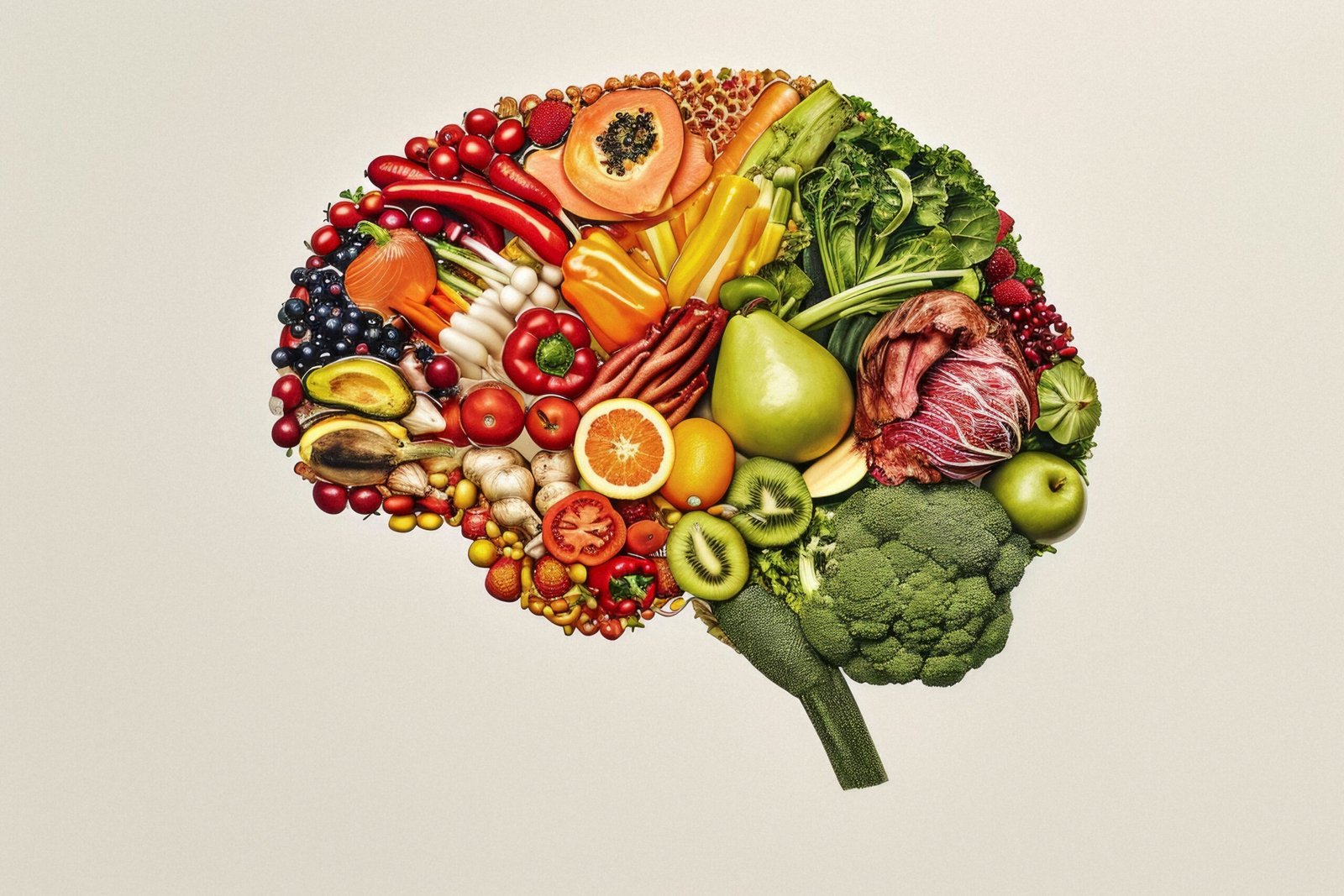Embarking on a journey through the tumultuous waters of stress may seem daunting, but did you know the anchor of relief might just be nestled within your daily meals? Dr. Elissa Epel’s illuminating research unfolds a narrative that’s both compelling and crucial for our times, revealing the intricate interplay between stress and nutrition. Here’s a deep dive into the essence of her findings and the transformative power of mindful eating.
The Stress-Diet Conundrum
Dr. Epel’s exploration during a webinar on nutrition and cognitive health sheds light on a paradox that many of us face: stress drives us toward comfort foods that, while seemingly providing solace, spell disaster for our metabolic health over time. This cycle of seeking temporary emotional relief through sugary snacks and processed foods not only amplifies the risk of insulin resistance and type 2 diabetes but also highlights the complex relationship between our emotional wellbeing and dietary choices. The takeaway? Our go-to stress foods could be undermining our health, underscoring the urgency for mindful eating practices.
A Ray of Hope: Mindful Eating and Whole Foods
In an inspiring turn, Dr. Epel’s research points to a hopeful strategy: the potential of diet as a tool to combat stress and enhance mental wellbeing. Population-based studies cited by Dr. Epel draw a stark contrast between the effects of different dietary patterns on our mental health. Diets abundant in whole foods correlate with lower incidences of depression, anxiety, and stress, while the typical Western diet is linked with increased risk of poor mental outcomes. Particularly noteworthy is the emphasis on mindful eating, especially among pregnant women from low-income backgrounds, as a means to curb stress eating and improve glucose control. This segment of Dr. Epel’s research not only paints a hopeful picture but also calls us to action: to embrace dietary choices that can genuinely fortify our mental and metabolic resilience.
The Broader Implications: Stress, Diet, and Nutritional Wellbeing
The dialogue doesn’t end with individual dietary choices. The broader implications of Dr. Epel’s findings reveal how chronic stress adversely impacts our food preferences and the overall nutritional quality of our diet. From nutrient depletion (like magnesium and zinc) to the exacerbation of unhealthy dietary patterns among those experiencing chronic stress, the data underscores a significant gap in our collective understanding and approach to managing the nutrition-stress nexus. This highlights an urgent need for targeted research and a collective push toward integrating these insights into clinical practice and public health strategies.
Navigating Post-Pandemic Wellness
In the shadow of the COVID-19 pandemic, the intertwined roles of stress and nutrition have never been more pertinent. As we tread through these challenging times, the insights from Dr. Epel and the expanding body of research offer a beacon of hope. They remind us of the profound impact our dietary choices have on our mental and metabolic health and invite us to consider diet as a powerful ally in our quest for harmony and well-being.
Conclusion: The Call to Mindful Eating
As we wrap up this exploration, let’s consider a renewed approach to our dietary habits. The evidence is clear: embracing whole foods and practicing mindful eating can be transformative, potentially serving as a countermeasure to the stressors of modern life. Let this knowledge inspire us to make choices that nurture our body and mind, guiding us toward a state of balance and health.
Embrace the journey towards mindful eating and let your diet be the beacon of relief and health in the stormy seas of stress. Subscribe to our newsletter for more insights and guidance on harnessing the power of nutrition to combat stress and foster well-being.
References:
https://pubmed.ncbi.nlm.nih.gov/31075126





